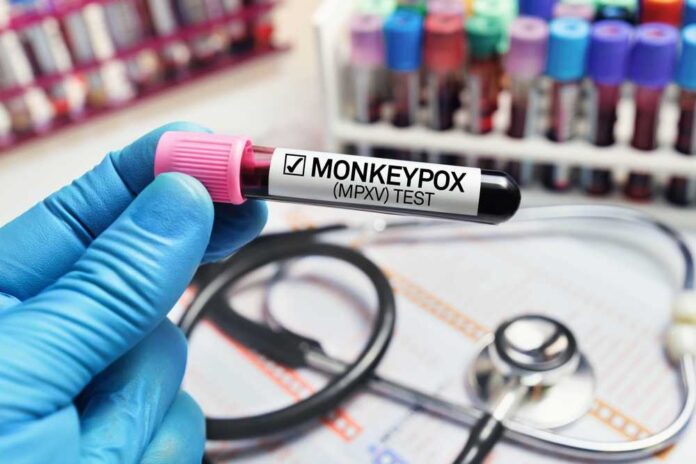
Monkeypox is a rare viral infection that causes a severe, painful rash and flu-like symptoms. While there have only been a few thousand confirmed cases worldwide and only one reported death, 50 countries/territories have reported cases to the World Health Organization (WHO).
The WHO assesses the global risk as moderate, based on the presence of the monkeypox virus in 5 WHO regions:
- European Region
- African Region
- Region of the Americas
- Eastern Mediterranean Region
- Western Pacific Region
Are Some Regions More At Risk Than Others?
The WHO’s assessment considers the European Region to be higher, based on the more geographically widespread reports of outbreaks (particularly involving several newly-affected countries) and a relatively atypical clinical presentation of cases.
In the other WHO regions, monkeypox risk is described as moderate, considering the potential importation of cases and the varying capacities for detecting and responding to the outbreak.
How Does Monkeypox Spread?
The monkeypox virus is spread through close physical contact with a symptomatic person or animal, including:
- direct contact with infectious rashes, scabs, or body fluids
- respiratory secretions (droplets in the breath) through face-to-face contact
- during intimate physical activities, such as sex, kissing, and cuddling
- contact with items that touched the sick person’s rashes or body fluids (clothes, bedding, healthcare materials)
- through a pregnant woman’s placenta to their fetus
- contact with a sick or dead animal infected with the virus (including products derived from an infected animal, such as meat, lotions, or powders)
Infected individuals are only contagious from when symptoms first appear until all rashes have fully healed (typically 2-4 weeks).
While many confirmed cases are represented by men who have had recent sexual contact with new or multiple male partners, monkeypox is not considered a sexually transmitted disease. It is not yet known whether the virus can be spread through semen or vaginal fluids.
Should I Avoid Traveling Internationally?
At this time, the WHO does not recommend restricting international traffic. Similarly, the Centers for Disease Control and Prevention (CDC) maintains the risk to the general public is low.
However, some general recommendations for travelers are suggested:
- Stay informed about local outbreaks in the places you are visiting
- Avoid contact with sick people and potentially infected animals (including items that may have touched them)
- Avoid eating or preparing meat from wild game, as well as products derived from wild animals
- If you are feeling unwell or are considered a suspected or confirmed monkeypox case, avoid unnecessary travel
If you develop a rash during or after travel, seek medical attention immediately. Call the hospital ahead so they can be prepared to take precautions to prevent spreading the infection to others. Tell your doctors about any recent contact with anyone who may have been sick.
Vaccines are available to at-risk areas and populations, so speak with your doctor about whether you should consider getting vaccinated before travel.






















